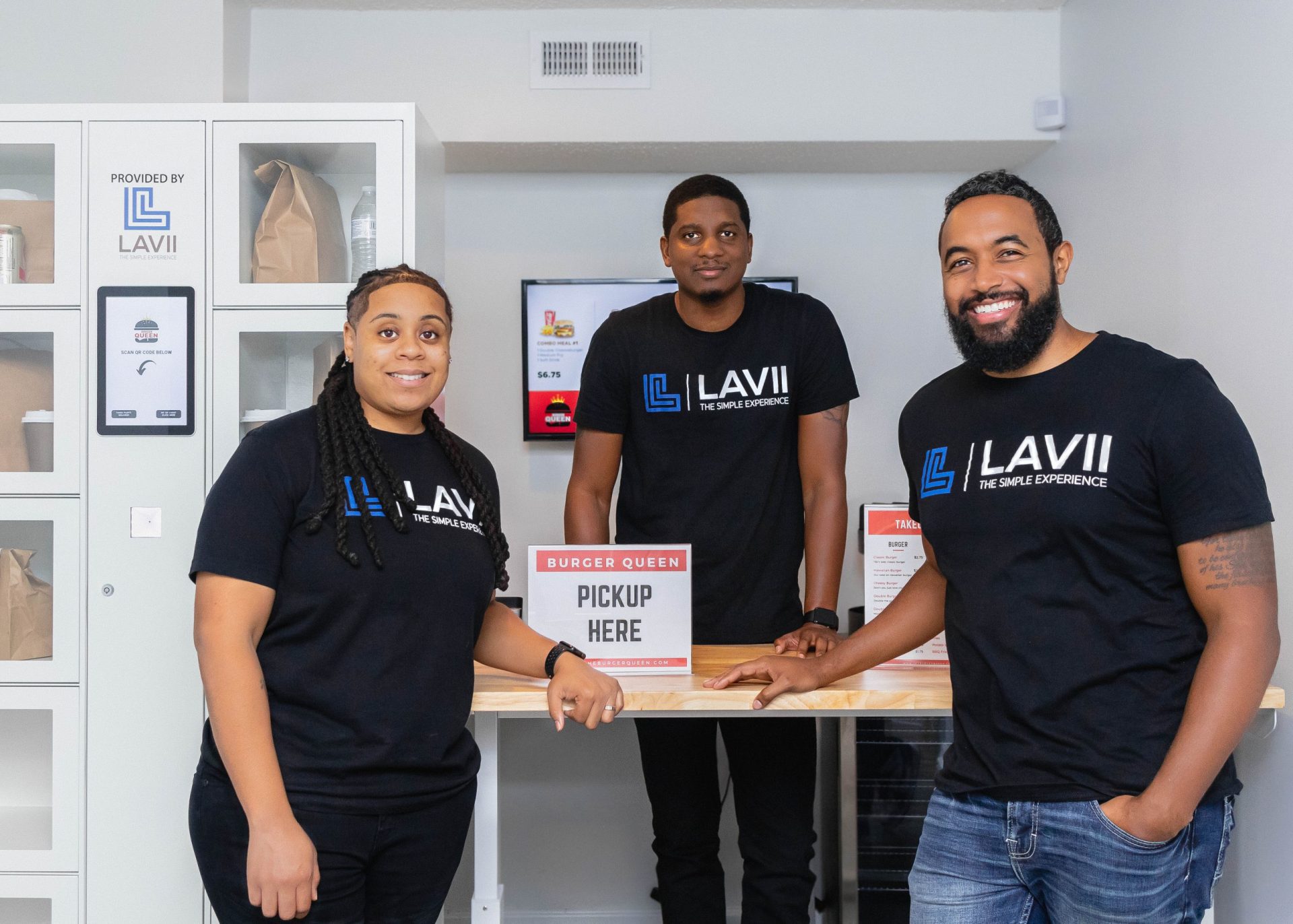 On Thursday, March 17 the Detroit Urban League honored a couple of automotive giants for their philanthropic contributions. But the real story behind the story is that that there is a silver lining behind the dark cloud of the great recession. A new Census Bureau report reveals that from 2002 to 2007 the number of black-owned businesses in the United States increased by 60.5 percent to 1.9 million – more than triple the national rate.
On Thursday, March 17 the Detroit Urban League honored a couple of automotive giants for their philanthropic contributions. But the real story behind the story is that that there is a silver lining behind the dark cloud of the great recession. A new Census Bureau report reveals that from 2002 to 2007 the number of black-owned businesses in the United States increased by 60.5 percent to 1.9 million – more than triple the national rate.
“Black-owned businesses continued to be one of the fastest-growing segments of our economy, showing rapid growth in both the number of businesses and total sales during this time period,” confirms Census Bureau Deputy Director Thomas Mesenbourg.
According to National Urban League director, Marc Morial, African Americans’ history of developing alternative streams of income or working in non-tradition work situations explains the business trend. “The reasons for this are many, beginning with the long history of African-American entrepreneurship in response to poverty, high unemployment and discrimination. There’s also an economic independent streak, particularly among emerging generations in the black community. Building a business gives great satisfaction and cushions them from the shock of losing jobs because of economic down cycles,” explains Morial.
Reasons why the number of African Americans choosing the small business route so dramatically exceed that over other races vary, but the most plausible are:
One explanation is that this is a continuation of pre-recession overall trends. Professor Rob Fairlie at the University of California at Santa Cruz shows that between 1990 and 2006 the number of Black self-employed increased 58 percent, while the number of White self-employed only increased six percent.
Another explanation is that historically, Blacks have been more likely than Whites to be self-employed in personal services and have been less likely than Whites to be self-employed in construction, manufacturing, and finance.
New York state leads the country with more than 204,000 black-owned businesses, followed by Georgia and Florida, respectively. From 2002 to 2007, nearly four in 10 of these businesses operated in the sectors of health care, social assistance, repair, maintenance, personal and laundry service. The retail trade and health care and social assistance sectors accounted for 27.4 percent of black-owned business revenue. Conversely, the more traditional industries of construction, manufacturing, and finance were hit much hadred by the economic decline.
Still while the report is promising for minority start-up businesses, the fact remains that black companies tend to be smaller and have lower gross receipts than other businesses. Black-owned businesses are also often plagued by a lack of start-up capital, revenue short-falls, and difficulty securing contracts.
“What I hope this report says loudly and clearly to the investment community is that you are missing an emerging market in the United States. If minority businesses are growing at a faster clip than overall businesses, imagine what the growth rate would be if those barriers were eliminated or lowered. We need the investor community to look at this report and recognize that they are missing an incredible opportunity,” concludes Morial. –roz edward

















